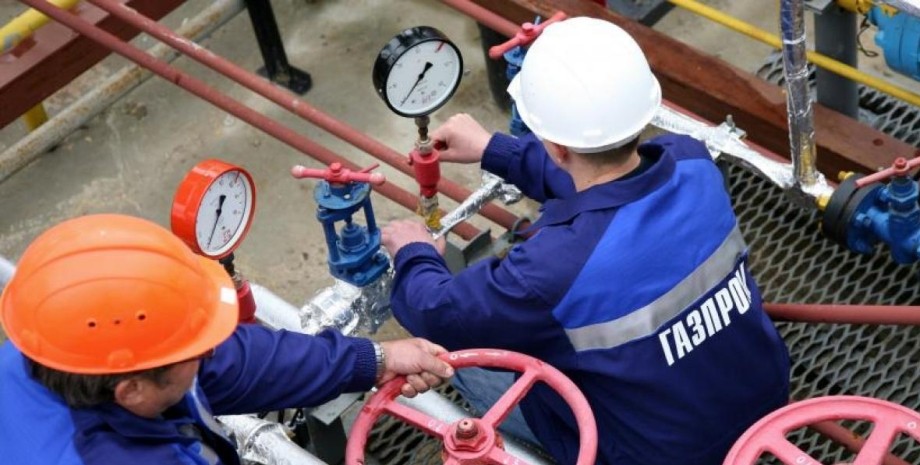
 By Victor Duda
By Victor Duda
It is noted that before the war, the amount of "money pillow" "Gazprom" was at the level of 2 013 trillion rubles ($ 18 billion). The amount of inventories can be compared to the gold and foreign exchange reserves of countries such as Argentina, Morocco or Egypt. But this money began to evaporate rapidly with the beginning of a full -scale war against Ukraine. Thus, by the end of 2022, 1.
157 trillion rubles ($ 9 billion) remained from these reserves, and as of June 30, 2023, Gazprom has only only 683 billion ($ 5. 3 billion). "Disconnecting the gas of most European clients and reducing the quarter compared to pre -war levels, Gazprom lost 40% of revenue," the publication reads. Now Gazprom does not have the ability to fund gasification programs and build new pipelines. The operating cash flow of the company covered only half of capital expenditures.
Gazprom's net cash flow (the difference between accounts and outflows) was negative - minus 507 billion rubles ($ 3. 9 billion). Meanwhile, Russia is actively supplying the European countries with liquefied natural gas. Thus, according to The Financial Times, for seven months of 2023, the import of liquefied gas from Russia to EU countries increased by 40% compared to the same period of 2021.
Countries such as Spain and Belgium cooperate with the aggressor, taking the second and third places in the list of the world's largest importers of liquefied natural gas at the same time on August 11, Bloomberg wrote that the Russian economy was showing signs of restoration from the crisis caused by international sanctions. Thus, the economy of the Russian Federation demonstrated the growth of four quarters in a row after a recession more than 4% a year ago.










All rights reserved IN-Ukraine.info - 2022